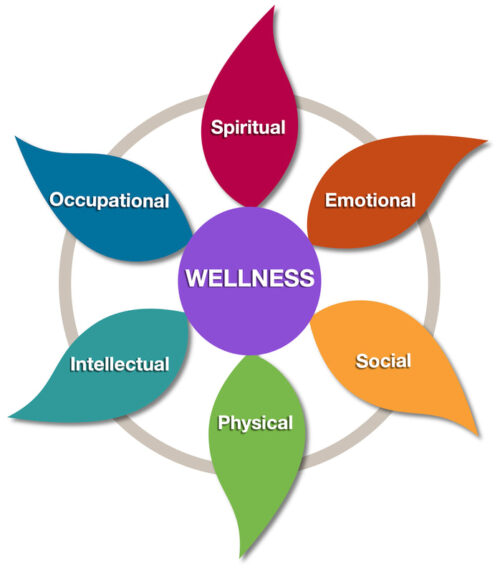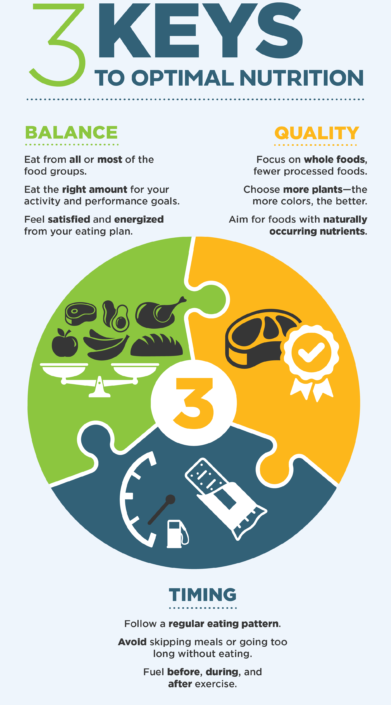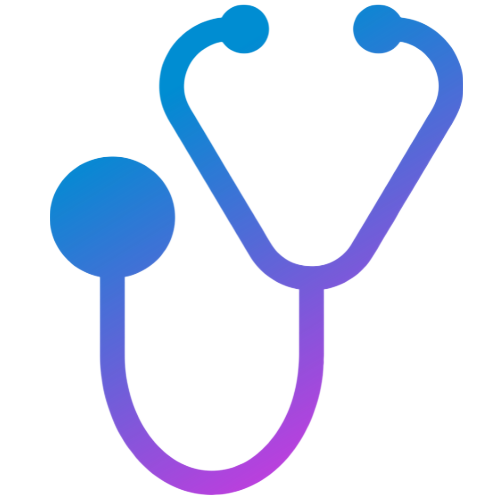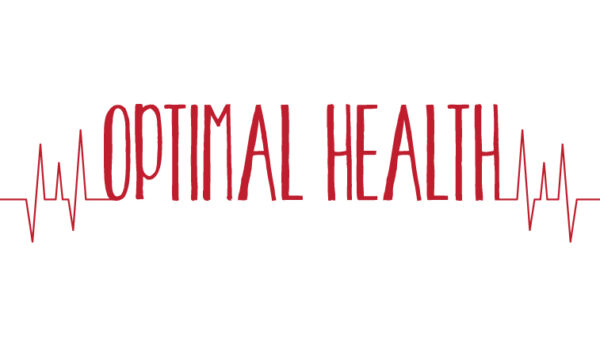Importance of optimal health is very much, so we need to be concerned about it.
The Optimal health means a state of being well where an individual is functioning at their best physically, mentally, and emotionally. It is characterized by the absence of disease or chronic health conditions and the presence of positive factors that contribute to overall health. Discover your optimal health with the guidance of Performance Optimal Health, a trusted consultant in developing personalized Optimal Health Systems.
How To Eat For Optimal Health
Eating for optimal health involves making informed and balanced food choices. Here are some general guidelines to how to eat for Optimal Health through your diet:

- Balanced Diet: Consume a variety of foods from all food groups, including fruits, vegetables, whole grains, lean proteins, and healthy fats.
- Portion Control: Be mindful of portion sizes to avoid overeating. Eating in moderation is key.
- Hydration: Drink plenty of water throughout the day to stay hydrated. Limit sugary drinks and excessive caffeine.
- Fruits and Vegetables: Aim to fill half your plate with fruits and vegetables. They provide essential vitamins, minerals, and fiber.
- Whole Grains: Choose whole grains like brown rice, quinoa, and whole wheat over refined grains for added nutrients and fiber.
- Lean Proteins: Opt for lean sources of protein such as poultry, fish, beans, and tofu. Limit red and processed meats.
- Healthy Fats: Include sources of healthy fats like avocados, nuts, seeds, and olive oil. Minimize saturated and trans fats.
- Limit Added Sugars: Reduce your intake of added sugars found in sugary snacks, sodas, and desserts.
- Reduce Sodium: Lower your salt intake, as excessive sodium can lead to high blood pressure. Use herbs and spices to flavor your food instead.
- Nutrient Timing: Eat balanced meals throughout the day and don’t skip breakfast. This helps maintain steady energy levels.
- Diverse Diet: The more diverse your diet, the better chance you have of getting all necessary nutrients.
- Mindful Eating: Pay attention to your body’s hunger and fullness cues. Avoid distracted eating in front of screens.
- Meal Planning: Plan your meals and snacks in advance to make healthier choices and avoid last-minute unhealthy options.
- Cook at Home: Preparing meals at home allows you to control ingredients and cooking methods.
- Limit Processed Foods: Minimize highly processed and fast foods, which often contain excessive unhealthy ingredients.
- Consider Dietary Restrictions: If you have dietary restrictions or allergies, consult with a dietitian to ensure you meet all your nutritional needs.
- Regular Exercise: A balanced diet is most effective when combined with regular physical activity.
- Consult a Healthcare Professional: If you have specific health concerns or dietary requirements, consult with a healthcare professional or a registered dietitian for personalized advice.
The Top 10 Foods You Need To Eat For Optimal Health
The Top 10 Foods You Need To Eat For Optimal Health are as follows:
- Leafy Greens: Spinach, kale, and collard greens are rich in vitamins, minerals, and antioxidants that support overall health.
- Berries: Blueberries, strawberries, and raspberries are packed with antioxidants that help protect cells from damage.
- Fatty Fish: Salmon, mackerel, and sardines provide omega-3 fatty acids, beneficial for heart and brain health.
- Whole Grains: Oats, quinoa, and brown rice are high in fiber and provide sustained energy.
- Nuts and Seeds: Almonds, chia seeds, and flaxseeds offer healthy fats, fiber, and essential nutrients.
- Colorful Vegetables: Carrots, bell peppers, and sweet potatoes are rich in vitamins and minerals that promote immunity.
- Lean Proteins: Chicken, turkey, and tofu support muscle health and tissue repair.
- Yogurt: Probiotic-rich yogurt maintains gut health, which is linked to overall well-being.
- Legumes: Beans, lentils, and chickpeas offer plant-based protein, fiber, and various nutrients.
- Herbs and Spices: Garlic, turmeric, and ginger possess anti-inflammatory and antioxidant properties.

Note
It is important to know that what works for one can not necessarily work for others, every body has different needs. It is necessary to to consult an expert for maintaining diet. We should avoid the junk food and go for the naturally grown home made food.


9 thoughts on “How To Eat For Optimal Health: The Top 10 Foods You Need To Eat”